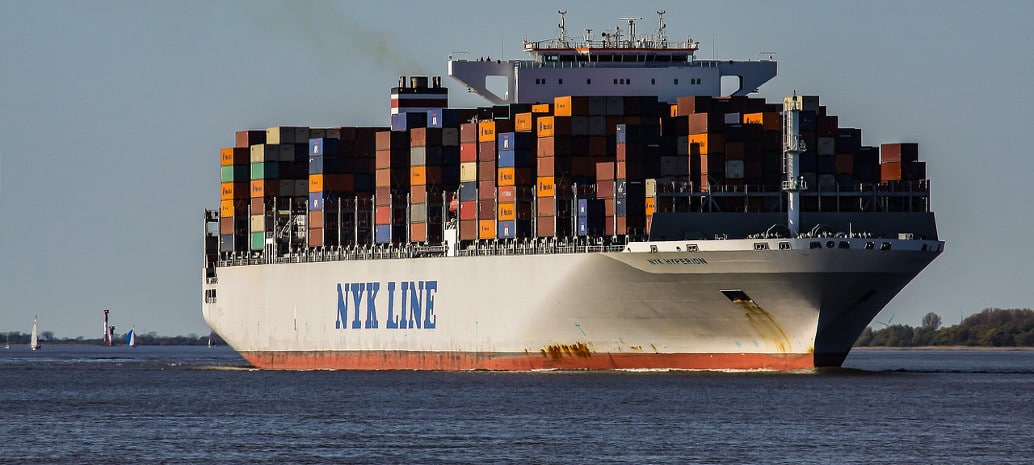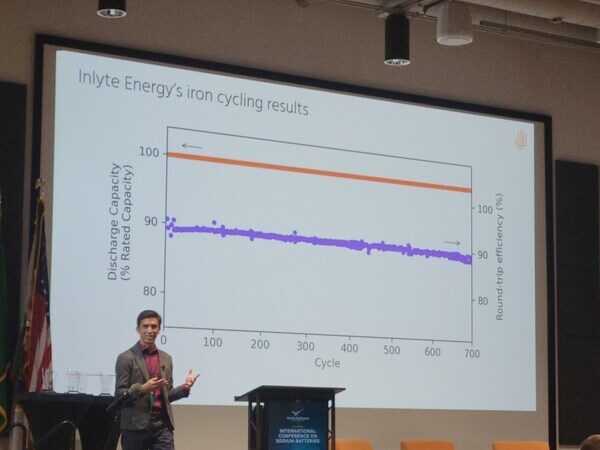From pv magazine USA
The solar industry is on the precipice of an unprecedented disruption, as the US Department of Commerce continues to investigate whether solar cell and module manufacturers in Malaysia, Thailand, Cambodia, and Vietnam have been using parts produced by Chinese companies. Doing so would mean that they are circumventing existing antidumping and countervailing (AD/CV) tariffs on Chinese goods, but the probe has left most of the country’s module supply hanging in limbo.
SEIA held a webinar this week to provide clarity on the investigative process, timelines, and its perspective on the potential impacts across the solar industry. The organization also revealed some preliminary findings from its survey on solar workers and companies already affected by the investigation.
John Smirnow, vice president of market strategy and general counsel for SEIA, reiterated a point he has made since Auxin Solar first submitted its petition to the Department of Commerce, calling the investigation the “biggest threat I’ve seen in my 15 years in the industry.”
Abigail Ross Hopper, the president and CEO of SEIA, also expressed anger and disbelief that the department and the administration of President Joe Biden would continue to pursue an investigation founded upon “baseless claims from a single petitioner, one which has previously made contradictory claims regarding the difficulty and logistics of American module manufacturing, the protection of which is what Auxin claims its petition is aimed at.”
To prove circumvention under US law, the work to create a product in a particular country must be minor and insignificant. The countries listed in the petition have invested billions of dollars to establish a manufacturing base. Fabricating solar cells and panels is a major and significant operation that SEIA asserts will take years to establish in the United States.
Behind the pervasive uncertainty of how much damage the investigation and possibility of tariffs could have on the US solar industry was an air of disbelief that the Federal government would pursue such an action, one which threatens to pull the rug out from underneath the renewable energy platform that Biden leaned on so heavily in his campaign.
And while the full scope of damage potential has yet to be realized, the preliminary results of SEIA’s survey show that some harm is already being felt.
Since launching the survey on April 1, SEIA has garnered more than 200 responses from companies operating across the entire solar value chain. Across every segment, at least 90% of the respondents said that the investigation alone will have a severe to devastating impact on their business in 2022 alone.
Just under 75% of respondents report that they are already experiencing canceled or delayed module shipments, while 11% have not yet been notified of delays, but expect them to come. What these delays have led to is half of all respondents sharing that 80% their 2022 pipeline is at risk, with that figure including already-completed projects.
Two-thirds of respondents said that 50% or more of their workforce is at risk of layoffs or termination, while one-third said that their entire workforce is at risk. For additional perspective, Justin Baca, vice president of markets and research with SEIA said that the figures are considerably higher than similar survey results taken in early 2020, at the onset of the Covid-19 pandemic and amid shutdowns and stay-at-home orders.
The impacts are not just contained to solar, either. SEIA said that more than 60% of respondents expect a severe or devastating impact on the energy storage industry, as most energy storage projects are paired with solar, a pairing that s required for them to reap their maximum incentive potential.
SEIA now sees its earlier projection that the investigation will lead to a module import shortfall of roughly 8GW as hopeful, rather than expected, with the potential for a much worst-case scenario rising.
The conclusion of the webinar was all about uncertainty. Nobody knows how the Department of Commerce is going to rule on the investigation. While a clear timeline exists for each step of the investigation, any step could be subject to an indefinite delay, further extending the issue. Hopper also claimed that tariffs historically lead to little to no positive impact to US manufacturing, while propagating palpable harm. She added that that the only way to grow manufacturing is policy and long-term certainty
This content is protected by copyright and may not be reused. If you want to cooperate with us and would like to reuse some of our content, please contact: editors@pv-magazine.com.




1 comment
By submitting this form you agree to pv magazine using your data for the purposes of publishing your comment.
Your personal data will only be disclosed or otherwise transmitted to third parties for the purposes of spam filtering or if this is necessary for technical maintenance of the website. Any other transfer to third parties will not take place unless this is justified on the basis of applicable data protection regulations or if pv magazine is legally obliged to do so.
You may revoke this consent at any time with effect for the future, in which case your personal data will be deleted immediately. Otherwise, your data will be deleted if pv magazine has processed your request or the purpose of data storage is fulfilled.
Further information on data privacy can be found in our Data Protection Policy.